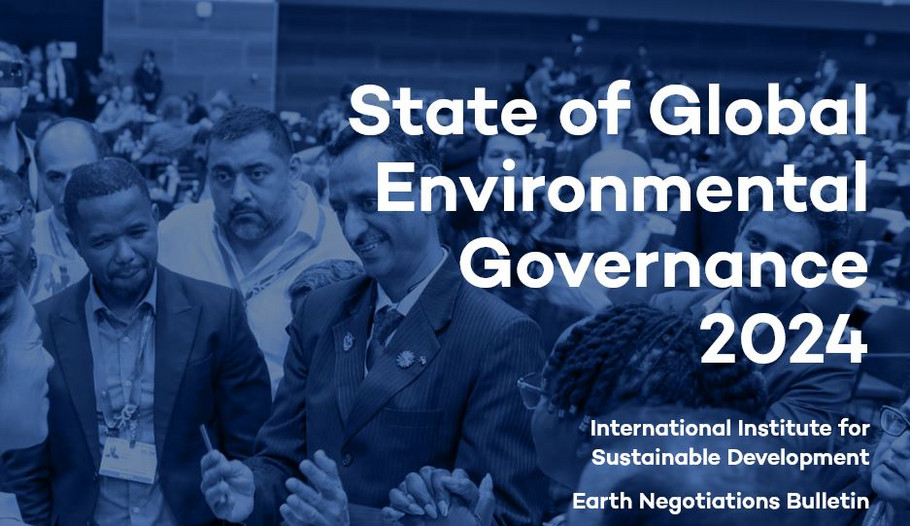
The International Institute for Sustainable Development’s (IISD) Earth Negotiations Bulletin has released its annual review of global environmental governance.
While 2024 saw key advancements, the report questions whether COPs and the multilateral decision-making framework are adequate to address interconnected environmental, social, and economic crises.
The report highlights major progress, including enhanced cooperation among biodiversity conventions at the Bern III Conference. It also underscores financial developments such as the new climate finance target set at COP 29 in Baku, the Riyadh Global Drought Resilience Partnership, and the Cali Fund for biodiversity adopted at COP 16.
However, it also notes missed opportunities, including delays in negotiations on a science-policy panel for chemicals, waste, and pollution prevention, as well as the lack of agreement on a legally binding instrument for plastic pollution, particularly in marine environments.
A dedicated section examines the growing role of courts in addressing global challenges like climate change and chemical pollution. The report also calls for stronger links between multilateral environmental agreements and related processes.
For the Congo Basin, these discussions and initiatives have significant implications, particularly for biodiversity conservation, drought resilience financing, and efforts to combat deforestation and desertification. The environmental governance and financial measures established could directly influence the sustainable management of this globally critical region.
Share: